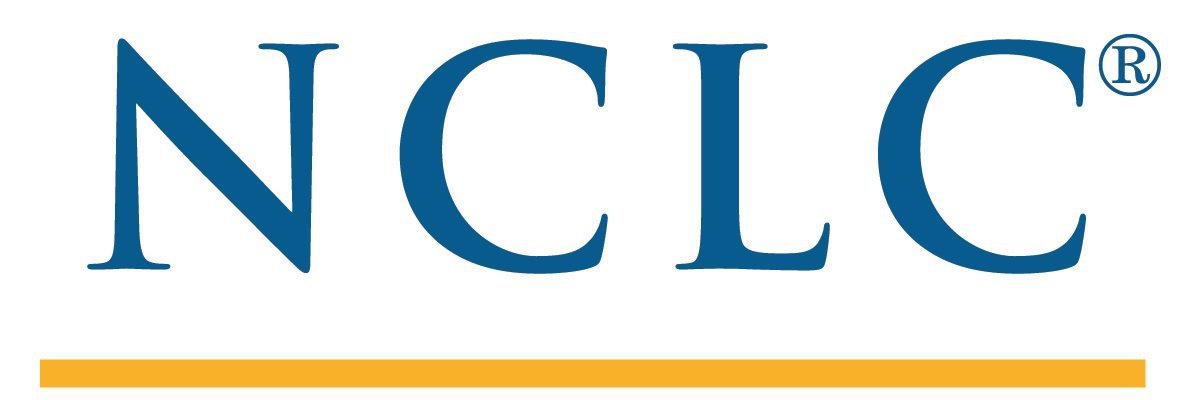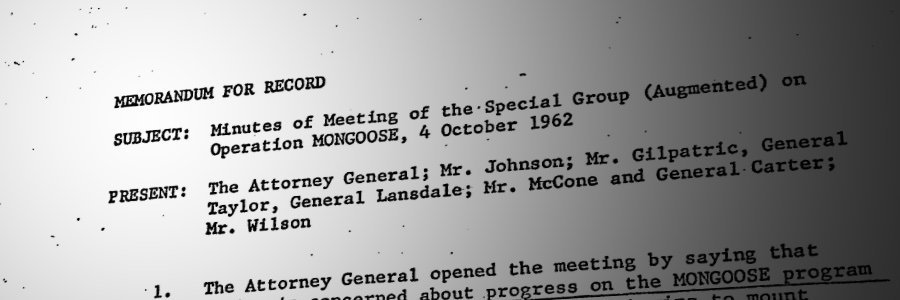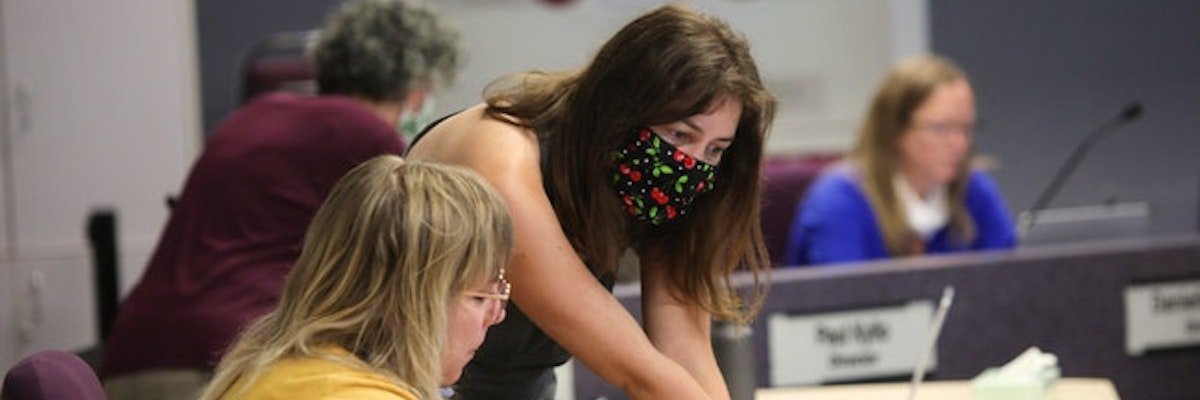
Persis Yu is an attorney with the National Consumer Law Center. Last March, Yu requested documents describing the incentives and bonuses built into the contracts of private companies the Department of Education hires to collect student loan debt. The documents she received were redacted to the point of being useless, Yu said. After appealing the redactions, the NCLC never heard back from DOE. Earlier this month,the NCLC filed a suit against the department for the documents.
What prompted this request?
One thing that we’re very interested in looking at is the incentive compensation of the debt collectors - we have a report [on the subject] coming out in about the next month or so. We follow the contracts that the Department of Education has with its private collection agencies pretty closely. The DOE’s manual kind of outlines some of these incentives, but we noticed that there’s just so many other components, and that’s what we were interested in finding out.
And was this the first request related to this subject that you had filed?
We file FOIAs with the DOE fairly regularly on debt collection. We’ve asked for data before, and we’ve asked for updates to the manual that I just referenced. So this is one of a series of FOIAs that we’ve sent out.
Could you describe for me what you were hoping to get from these documents?
I personally see a number of clients - and I work with debt collectors around the country who see clients – who are in default. And because they are federal debts and the government has incredible collection power, there are very, very severe consequences for defaulting on your student loans. I hope that you never find yourself in that circumstance.

In the process of representing low income student loan debtors we’ve noticed a lot of abuse by collection agencies that are working for the DOE. And kind of through the process we’ve been able to tie in some ways the behaviors of the private collection agencies to the incentives based on their contracts. One example - there’s a program for rehabilitating your loans to get out of default, and that’s actually compensated by the contract the most highly, so a lot of our clients are getting pushed into this program. We’ve been generally exploring the compensation scheme with these debt collectors to try to figure out what are the friction points, how are they being compensated, and how is this affecting our student loan debtors. And so that was really kind of what spurred on this request.
We know that the debt collection agencies are admitted on a quarterly basis, and sometimes we see those results published in various industry publications, but they’re not very complete - we just get this overall score. So what we wanted was a more granular analysis of these scores. We know the general categories, but we don’t know how many points this company gets for their customer service versus the sheer number of dollars they brought in, and what were the bonuses paid for that. And so what we’re interested in is this kind of correlation – are these companies being paid for the kinds of things we think they should be paid for doing? Are they treating borrowers respectfully, are they providing all of their rights under the Higher Education Act, and does their compensation reflect that?
What kind of level of compensation are we talking about here?
The overall amount, the DOE spends about a billion dollars in commissions total each year, and that amount is growing. It’s projected to be about $2 billion by 2016. The bonuses are – I don’t know, because they haven’t given me the information – but I’ve seen they’re in the millions of dollars range.
Are there any other questionable or questionably ethical practices you can share?
It really is a lot about the steering. Borrowers have a lot of rights under the Higher Education Act, there’s many ways a borrower can get out of default, not to rehabilitate. And then there are borrowers who have legitimate defenses to their loans that aren’t raised. I had a borrower several years ago who was on disability, and she was totally and permanently disabled – and again, the rehab thing comes up a lot with most of my clients – but they never told her about the disability discharge program and instead she spent years spinning her wheels trying to get her loan out of default through her rehabilitation program. And when she knocked on my door and I looked at it, and I said ‘you know, you’re qualified to get your entire loan discharged right now.’“
In terms of as close to the entire picture as you can get, how much of a grasp of this industry and its interaction with DOE do you have right now, and what would the documents you requested give you?
We have a general idea of what’s publicly available. We understand the contracts, we understand who is contracting with the Department of Education. And just from prior disclosures, we have the manual that kind of lays out how they’re supposed to interact with consumers. And we also know this from our own experiences and the experiences of others, but things don’t work the way they’re supposed to very often. But we don’t have a lot of details specifically about how these companies are paid and how many complaints have been filed, for example, about these companies. And we don’t really know how the Department of Education is keeping these companies accountable, and that’s what we really want to find.
Want to learn more about public records? Join MuckRock and start submitting requests for government documents today. Stay on top of FOIA news by signing up for our mailing list, follow us on Twitter, or “Like” us on Facebook.Persis Yu is an attorney with the National Consumer Law Center. Last March, Yu requested documents describing the incentives and bonuses built into the contracts of private companies the Department of Education hires to collect student loan debt. The documents she received were redacted to the point of being useless, Yu said. After appealing the redactions, the NCLC never heard back from DOE. Earlier this month,the NCLC filed a suit against the department for the documents.
What prompted this request?
One thing that we’re very interested in looking at is the incentive compensation of the debt collectors - we have a report [on the subject] coming out in about the next month or so. We follow the contracts that the Department of Education has with its private collection agencies pretty closely. The DOE’s manual kind of outlines some of these incentives, but we noticed that there’s just so many other components, and that’s what we were interested in finding out.
And was this the first request related to this subject that you had filed?
We file FOIAs with the DOE fairly regularly on debt collection. We’ve asked for data before, and we’ve asked for updates to the manual that I just referenced. So this is one of a series of FOIAs that we’ve sent out.
Could you describe for me what you were hoping to get from these documents?
I personally see a number of clients - and I work with debt collectors around the country who see clients – who are in default. And because they are federal debts and the government has incredible collection power, there are very, very severe consequences for defaulting on your student loans. I hope that you never find yourself in that circumstance.

In the process of representing low income student loan debtors we’ve noticed a lot of abuse by collection agencies that are working for the DOE. And kind of through the process we’ve been able to tie in some ways the behaviors of the private collection agencies to the incentives based on their contracts. One example - there’s a program for rehabilitating your loans to get out of default, and that’s actually compensated by the contract the most highly, so a lot of our clients are getting pushed into this program. We’ve been generally exploring the compensation scheme with these debt collectors to try to figure out what are the friction points, how are they being compensated, and how is this affecting our student loan debtors. And so that was really kind of what spurred on this request.
We know that the debt collection agencies are admitted on a quarterly basis, and sometimes we see those results published in various industry publications, but they’re not very complete - we just get this overall score. So what we wanted was a more granular analysis of these scores. We know the general categories, but we don’t know how many points this company gets for their customer service versus the sheer number of dollars they brought in, and what were the bonuses paid for that. And so what we’re interested in is this kind of correlation – are these companies being paid for the kinds of things we think they should be paid for doing? Are they treating borrowers respectfully, are they providing all of their rights under the Higher Education Act, and does their compensation reflect that?
What kind of level of compensation are we talking about here?
The overall amount, the DOE spends about a billion dollars in commissions total each year, and that amount is growing. It’s projected to be about $2 billion by 2016. The bonuses are – I don’t know, because they haven’t given me the information – but I’ve seen they’re in the millions of dollars range.
Are there any other questionable or questionably ethical practices you can share?
It really is a lot about the steering. Borrowers have a lot of rights under the Higher Education Act, there’s many ways a borrower can get out of default, not to rehabilitate. And then there are borrowers who have legitimate defenses to their loans that aren’t raised. I had a borrower several years ago who was on disability, and she was totally and permanently disabled – and again, the rehab thing comes up a lot with most of my clients – but they never told her about the disability discharge program and instead she spent years spinning her wheels trying to get her loan out of default through her rehabilitation program. And when she knocked on my door and I looked at it, and I said ‘you know, you’re qualified to get your entire loan discharged right now.’“
In terms of as close to the entire picture as you can get, how much of a grasp of this industry and its interaction with DOE do you have right now, and what would the documents you requested give you?
We have a general idea of what’s publicly available. We understand the contracts, we understand who is contracting with the Department of Education. And just from prior disclosures, we have the manual that kind of lays out how they’re supposed to interact with consumers. And we also know this from our own experiences and the experiences of others, but things don’t work the way they’re supposed to very often. But we don’t have a lot of details specifically about how these companies are paid and how many complaints have been filed, for example, about these companies. And we don’t really know how the Department of Education is keeping these companies accountable, and that’s what we really want to find.
Want to learn more about public records? Join MuckRock and start submitting requests for government documents today. Stay on top of FOIA news by signing up for our mailing list, follow us on Twitter, or “Like” us on Facebook.




